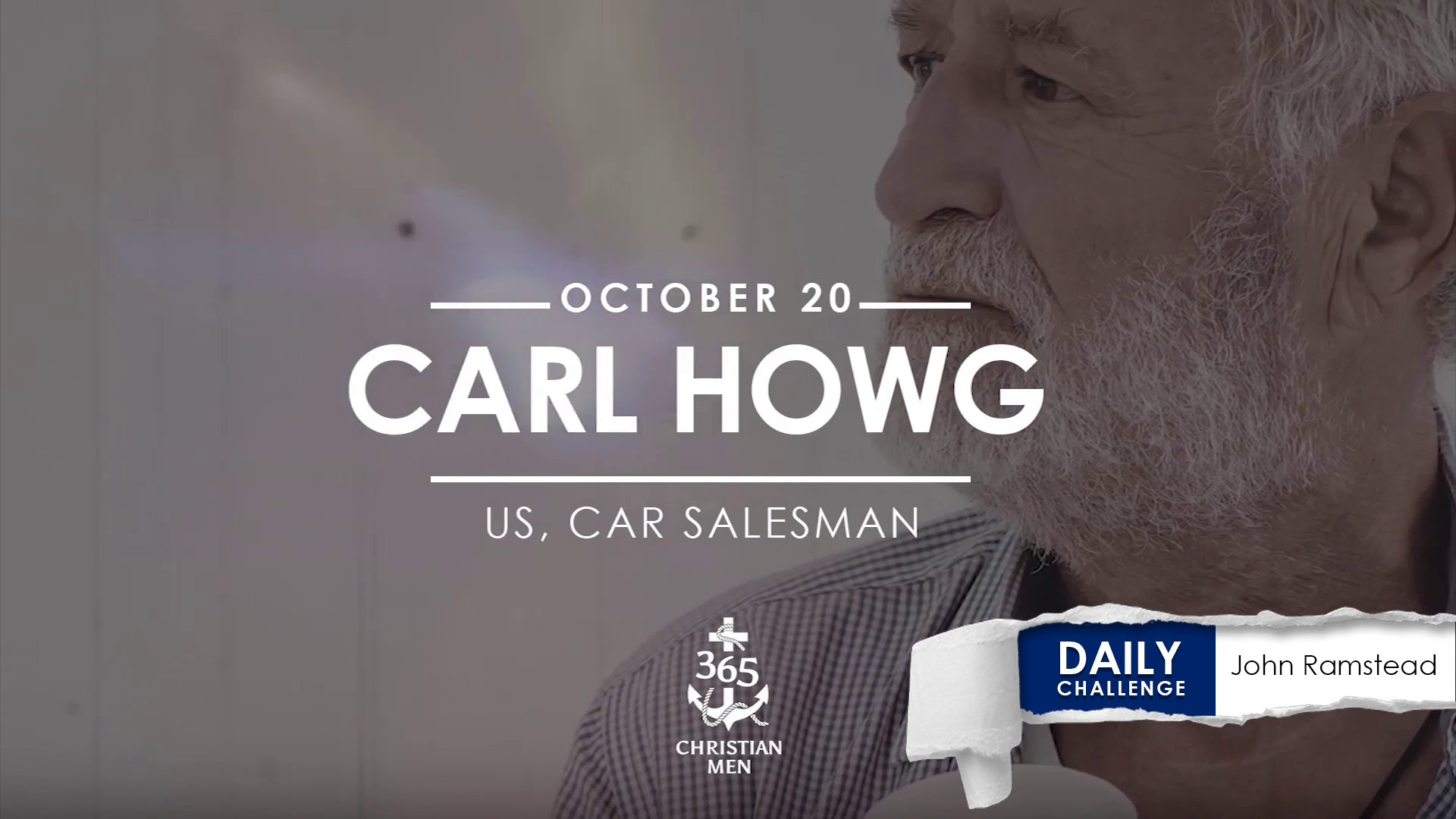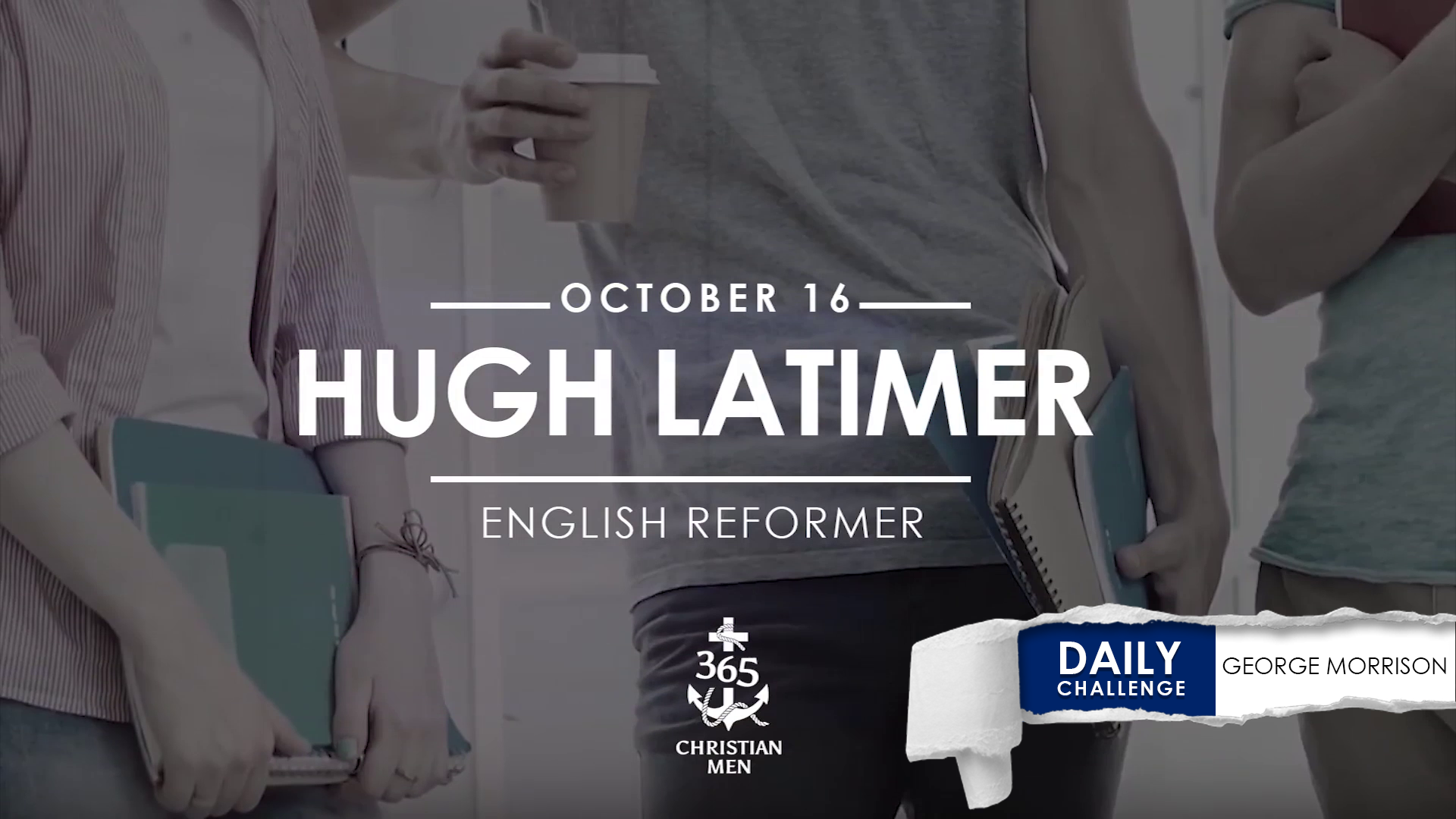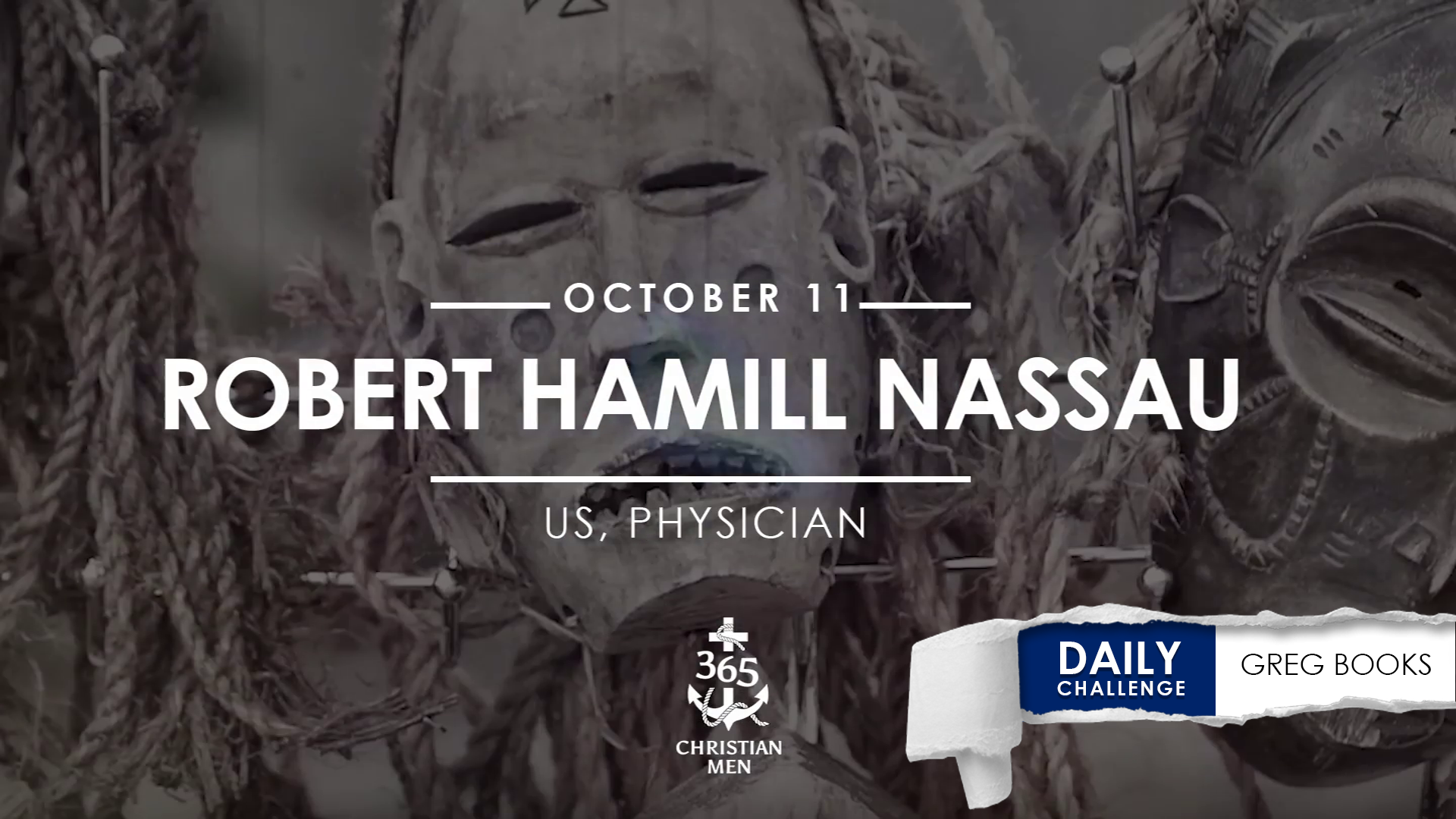October 14. John Wesley. Wesley grew up in a Christian home—the fifteenth of the nineteen children of an Anglican pastor and a devout mother. He always thought of himself as a believer and became a priest. On this date in 1735, he sailed to the newly founded colony Georgia, but neither the colonists nor the native people took to his message. After two years, he sailed back to England.
In 1738, at a Moravian meeting, Wesley listened to preaching from Martin Luther’s preface to the Epistle to the Romans. Wesley wrote, that he had changed. “I felt I did trust in Christ, Christ alone, for salvation, and an assurance was given me that He had taken away my sins, even mine, and saved me from the law of sin and death.”
After that, Wesley was a man on fire for the Lord. He wanted to preach the truth, but the Anglicans were hostile to the point of closing their churches to him. So, Wesley became a traveling preacher. He stood 5-feet 6-inches-tall and weighed about 120 pounds, so he had to stand on a chair or platform to preach. Fifteen times a week, he preached—more than 40,000 sermons in all, and he traveled more than 250,000 miles during a time when many roads were muddy ruts.
Because he preached outdoors, he was able to reach many people that the Church of England had neglected. But still some crowds were hostile, and once a non-fan loosed a bull in the open-air congregation. It didn’t deter Wesley. He kept preaching for fifty years—his last sermon delivered four months before he died.
Even when we are faithless, God remains faithful.
Have you ever questioned God’s purpose for your life? John Wesley did.
On the surface, he modeled the life of a devout Christian minister. And he led the members of the church in a strict religious regimen. Their days included prayer, Bible study, weekly communion, and social ministries.
But on the inside, doubts about his own salvation plagued Wesley. He was afraid to die.
Wesley was called to be the priest in a new Savannah, Georgia parish. To get there, he had to cross the ocean on a three-month voyage to America. And he set sail in October 1735.
The first weeks on the ship went by without incident. But the fifth week of the journey, storms raged, and the ocean swelled. Grey clouds overshadowed the ship, and the whole sky blackened. Torrential rains pounded the deck and filled the air with the taste of salt water. Gale winds howled, and waves jolted the ship from side to side. Wesley tried to carry out his pastoral duties without showing his fear, but terror gripped his heart.
He wrote in his journal, “I have a fair summer religion. I can talk well; nay, and believe myself, while no danger is near; but let death look me in the face, and my spirit is troubled.”
There was a group of German Christians aboard—the Moravians—and they gathered routinely to worship and to sing to the Lord. In January, horrible storms battered the ship for more than a week.
One storm arose in the middle of the Moravian’s worship service. When the storm split the mainsail, the English passengers screamed, and the sound was petrifying. But the Moravian missionaries went on singing to the Lord.
Later, Wesley asked Peter Bohler—one of the Moravian men—if the Moravians were afraid.
And Bohler answered, “I thank God, no.” Wesley asked if the women and children had been afraid, and Bohler replied the same. “Neither their women nor their children were afraid to die.”
Struck by their indomitable courage, Wesley was convinced the Moravians had a faith he did not have. And he hoped Peter Bohler would help him find that kind of faith.
Wesley thought saving faith had to be earned over time through human effort. But Bohler taught him that saving faith did not exist in degrees. He either had it, or he did not.
Bohler adamantly insisted Wesley needed to be purged of his works-based religious philosophy. And Bohler asked Wesley about Jesus.
“I know he is the Savior of the world,” was the best answer Wesley had to offer.
And Bohler told Wesley that he was still an unbeliever.
This left Wesley utterly confused. He reasoned that if he didn’t believe himself, he certainly couldn’t go on preaching to others. He resolved to cling to the truth of Scripture: “Trust in the Lord with all your heart and lean not on your own understanding; in all your ways submit to him, and He will make your paths straight” (Proverbs 3:5–6 NIV). And Wesley purposed to put the question about preaching to Peter Bohler.
Bohler responded emphatically, “By no means” do not stop preaching.
Wesley said, “‘But what can I preach?’”
“[Bohler] said, ‘Preach faith till you have it; and then, because you have it, you will preach faith.’”
Wesley believed that Bohler’s response confirmed God’s divine direction. He then determined to put his calling to the test.
Right away, Wesley started on this adventure. “Accordingly, Monday 6—two days later, I began preaching.” The first person to whom he offered salvation was a prisoner under the sentence of death. After praying with Wesley, the condemned man arose from prayer and exclaimed, “I am now ready to die. I know Christ has taken away my sins, and there is no condemnation for me.”
From that point on, every Sunday Wesley could be found confidently preaching. As he shared the gospel with others, he continued his diligent search for the faith of the Moravians.
What might you attempt to do today if you knew without doubt, it was God’s determined purpose for your life? Even when we are faithless, God remains faithful.
Wesley, John. The Journal of John Wesley. April 12, 2010.
Wesley, John. A History of the Christian Church. “Chapter 7.” New York, NY: Charles Scribner’s Sons, 1970.
Miller, Basil. “John Wesley.” Archive.Org. 1987. https://archive.org/stream/johnwesleymenoff00basi#page/58/mode/2up.
Story read by: Nathan Walker
Introduction read by: Daniel Carpenter
Audio production: Joel Carpenter
Editor: Teresa Crumpton, https://authorspark.org/
Project manager: Blake Mattocks
© 2020, 365 Christian Men. LLC. All rights reserved.














